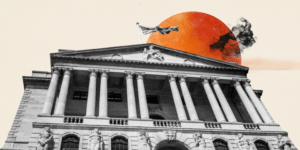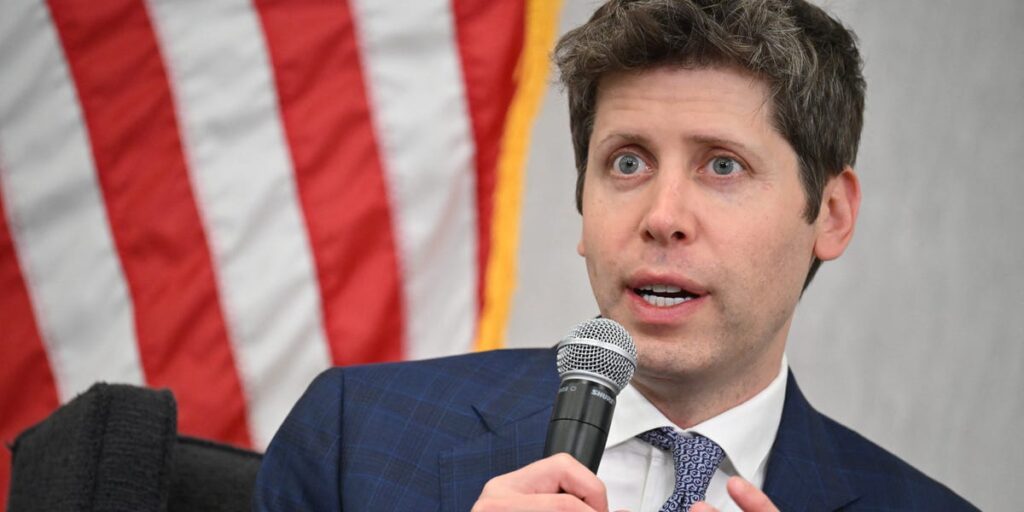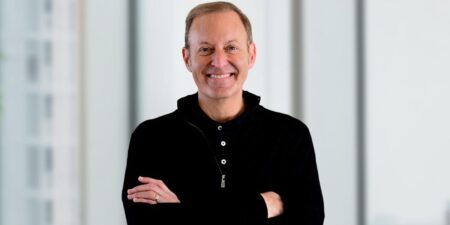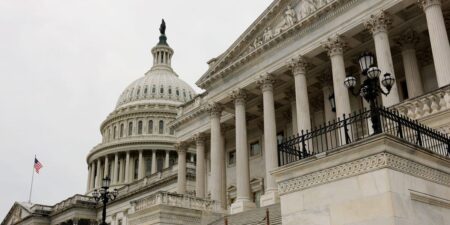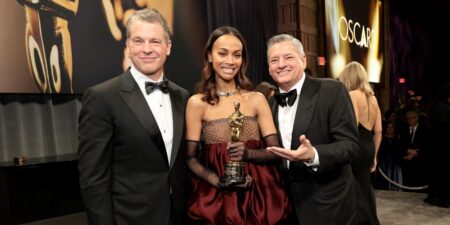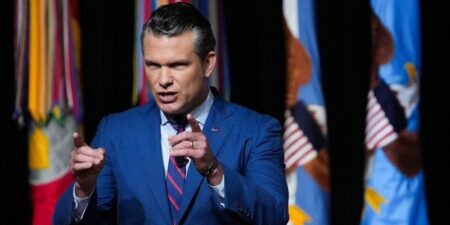Nice catalog of stories, characters, and intellectual property you have there.
We’ll be taking it now.
That appears to be what OpenAI is saying to Hollywood: The Wall Street Journal reports that the company behind ChatGPT has been telling studios and talent agencies that a new version of its Sora video creator will produce work based on Hollywood characters and other copyrighted work — without getting explicit permission from the rights holders.
If studios or other copyright owners have a problem with that, they can go ahead and tell OpenAI that they want to opt out, WSJ reports. But they’ll have to do that via a laborious, case-by-case basis.
All of which means OpenAI seems to be trying to rewrite copyright law, on the fly: Your stuff is our stuff, for free — unless you tell us otherwise.
And if that’s what OpenAI is actually doing — and if it holds up in court — it could mean a radical transformation of the way the media business works.
I’ve sent multiple notes to OpenAI comms asking them to weigh in on the story; I’ll update if I hear back. (While we are here: Axel Springer, Business Insider’s parent company, has a commercial agreement with OpenAI.)
Caveat: It’s still unclear to me exactly how far OpenAI thinks it can go here. Could someone go ahead and tell Sora to “recreate the Cantina scene from ‘Star Wars'” — or will it just allow them to use prompts like “make a new scene using characters and settings similar to the Cantina scene from ‘Star Wars?'”
But any version of that will still be a nightmare for content owners, and a meaningful shift from the setup they established with the last generation of Big Tech platforms, like Google: Via a combination of court fights and business agreements, the tech companies created a system that lets users upload whatever they want to platforms like YouTube or Twitter — but have extensive and sophisticated systems for taking down or managing copyrighted material.
That legal framework was built in the first half of the 2010s. And while the legal rules around AI are still up for grabs, what seems like the beginning of a consensus seems to be forming, via some early court decisions: AI engines like OpenAI have the ability to train themselves using just about any kind of data, copyrighted or not — but they’re not supposed to use that data to create replacements for copyrighted materials.
Which is why OpenAI’s seemingly aggressive stance toward Hollywood seems stunning: There’s no debate that user-uploaded cartoons featuring Han Solo and Luke Skywalker could violate Disney’s copyright. But OpenAI seems to be saying that its AI engine could do the same thing without violating copyright — and that it would only prevent that if Disney complained in advance.
It is worth noting that YouTube, in its earliest form, was a little act now, ask-for-forgiveness-later itself.
Court documents in its Viacom court case made it clear that its founders — the site existed as a stand-alone company for about a year and a half before Google bought it in 2006 — knew YouTube was showing copyrighted material, but kept growing full speed ahead, despite the legal questions. It took years for YouTube, and Google, to come to terms with copyright owners.
So it’s possible that OpenAI’s leaders think they’re doing the same thing here, too — pushing for the most expansive use of copyright now, and assuming it will figure out the legal and business solutions later.
That’s the kind of move you make when you think you have the leverage: That your resources, speed, and momentum mean everyone else will have to catch up to the terms you’re proposing. We’ll see if they’re right.
Read the full article here


